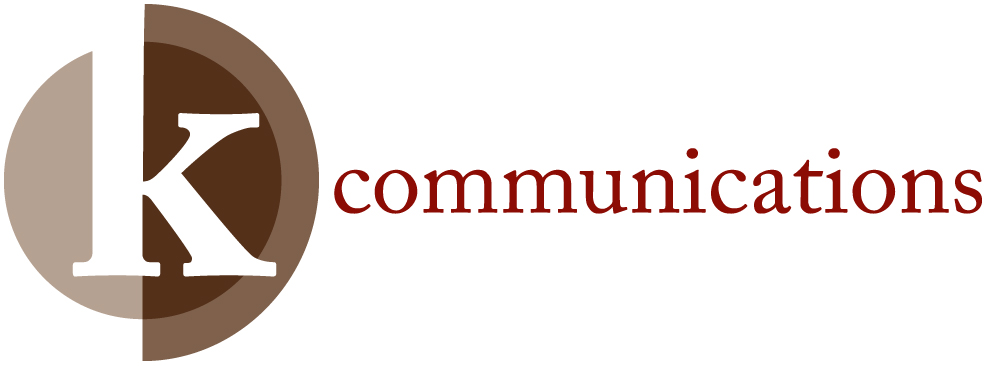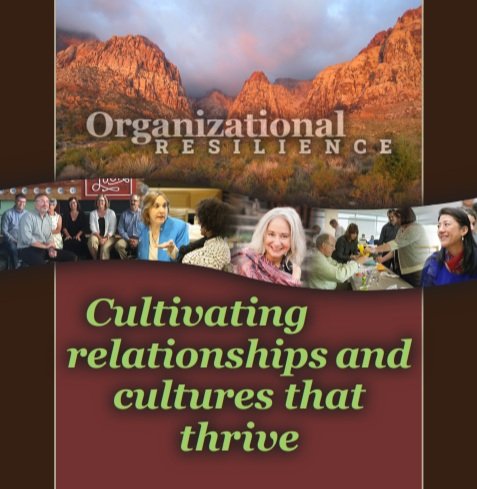From Critic to Critical Thinker
/As a business therapist, my job is to help untangle the complexity of human dynamics in the work world. In this attempt at sense-making, I sometimes stumble upon an insight or perspective that feeds into a societal norm or trend. Here is what I am noticing …
We are conflating the act of criticizing (ourselves and others), with the skill of critical thinking.
In a series of recent training sessions, I explored with my client the ways in which we use criticism of ourselves as a carrot and stick mechanism for self-improvement. In other words, in the name of personal growth, we beat ourselves up. In the name of feeling better about ourselves, we cast judgment onto others, allowing the faults we perceive of theirs to elevate the perception we have of ourselves. Being critical in this fashion is often shame-inducing, which generally ignites feelings of defensiveness. These acts of criticism ultimately drain our energy and deteriorate our relationships.
Most of us like to think we are critical thinkers, just like we all like to think we are good drivers! And yet, the constant media/information vortex in which we find ourselves diminishes our critical thinking skills. If you are going to have a story, data, report, or social media post influence your way of thinking, what you believe to be true, and decisions you make in your life, you’ll want to trust that the interpretation has gone through some rigor.
As a self-proclaimed word geek, I had to do a little etymological digging. The word “critical” can mean:
Judging severely and finding fault.
Reflecting careful analysis and judgment.
A turning point; crucial or decisive.
Being in, or on the verge of, a state of crisis or emergency.
We are strengthening our capacity to be armchair critics (judging severely and finding fault), while losing our capacity to think critically (reflecting careful analysis). If we operate as if everything is critical (state of crisis), we are perpetuating an unhealthy sense of urgency and feeding drama. If, on the other hand, we practice an astute way of perceiving the world, we may bring a critical eye that illuminates a truer reality.
Critical thinking is the ability to analyze information objectively – weeding out the biases, the inaccuracies, questioning assumptions, and assessing the reliability of sources. Critical thinking isn’t about being constantly negative or critical of everything. It is not meant as a copout to naysay change or validate resistance and remain stuck in one’s views. It’s about having an open, inquisitive mind that values the discovery process. It is about arriving at your own carefully considered conclusions instead of taking information at face value – and being able to shift your thinking when presented with new compelling data. It’s a nimble state of mind that affords you better decision-making and problem-solving.
Thinking critically can also help you see waste in workflows and innovate for better results because you have trained your brain to productively challenge the status quo, sometimes with the simple question of, “Why …”? Why do we do it this way? Coupled with curiosity and enthusiasm, the critical thinker can inspire fresh ideas and collaborative efforts for continuous improvement.
Demonstrating your capacity to think clearly and integrate facts builds your credibility. Here are a few questions you can explore to help you stay vigilant:
Is this information complete and up to date?
What evidence is being presented to support the argument?
Whose voice is missing here?
Is the source trustworthy?
Are there sweeping generalizations or absolutes being made?
Can you distinguish between opinions, beliefs, and hard data?
Can you name your own biases on this topic?
Are you attached to your version of the story?
Are you invested in proving “them” wrong or in finding the truth?
Are you seeking validation for what you already know?
Is the argument emotionally charged?
While critical thinking emphasizes logical reasoning, it does not need to do so at the exclusion of emotional intelligence. In fact, high EQ is essential in checking ourselves! Strong emotions can be amazing fuel for action, and they can cloud one’s perspective, fueling a stubborn attachment to a certain way of thinking.
Organizational psychologist Adam Grant offers this advice on how to be a better critical thinker:
1. Be 10% more skeptical of people you agree with – and 10% more charitable to people you disagree with
2. Look for flaws in ideas you like – and strengths in arguments you dislike.
3. Discount sources that always trumpet the same narrative- and learn from those that engage with competing ideas.
Embracing this mental acuity is an opportunity to move from being critical to elevating our intellect. Yet, it isn’t just about becoming smarter or more effective. It’s a way to engage in the kind of dialogue that invites a real exchange of ideas. In doing so, we prioritize our relationships, because in the spirit of critical thinking we ask good, open-ended questions and listen intently. In this vein, even when we disagree, we will have a deeper understanding of motivations and reasons, rather than righteous indignation.
The human side of business is often complex and messy, yet it is the heart and soul of our work. Let’s show our colleagues the care and respect they deserve, and that we want for ourselves. Collectively, we can change the tone of our personal and professional discourse.
We don’t have to be critical, to think critically.



